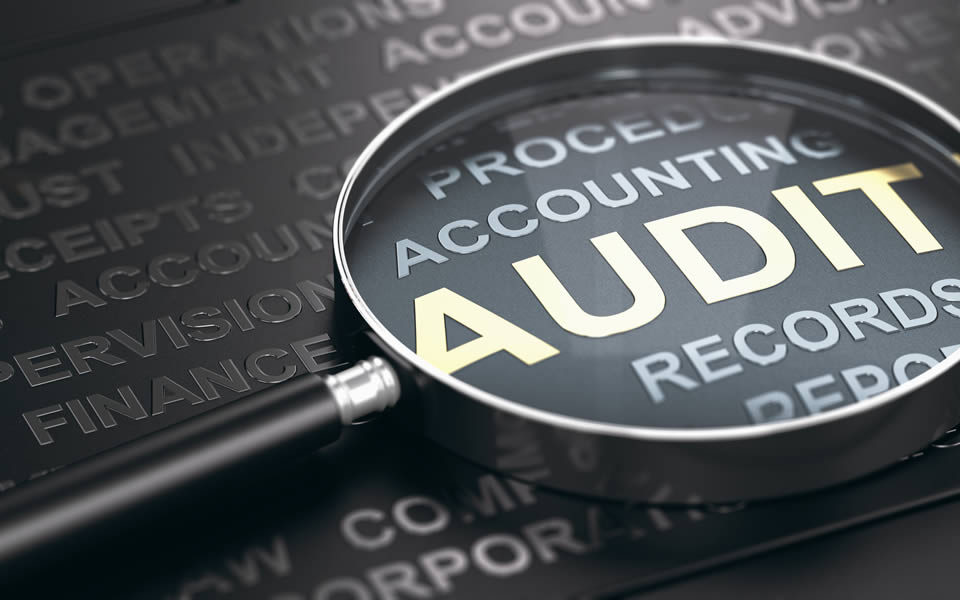When you include an appraisal with your estate, it comes under intense scrutiny. Every detail of the appraisal, from its quality to reliability, is examined by the IRS. The more discounts or deductions you submit, the more specific and stringent the requirements. You must be careful to include every statutorily required information item in any mandated agreement and ensure the integrity of any necessary valuations of property, particularly if your estate plan involves donations of property to charitable organizations or transfers of property to your beneficiaries.
There are several reasons why you might want to revisit your appraisal for your estate or trust in this environment, which we covered in the first part of our series here. This article will discuss tips on making your appraisal reliable and accurate to mitigate the risks of an IRS inquiry.
Providing Necessary Information
Establishing an appraisal for trust and estate matters is vital to saving tax dollars for your gift or estate tax situation. It establishes the baseline values for the assets with which you’re working, so providing detailed information is essential. Appraisals submitted with tax returns must contain critical pieces of information to help verify authenticity, including the following:
- Property details
- Key dates
- Key statements
- Appraised fair market value
- Identifying information for the appraiser
- Valuation details
- Fee arrangement
- Signature of the appraiser
- Be prepared in accordance with Generally Accepted Appraisal Standards (GAAS)
- Meet the relevant requirements of Regulations Section 1.170A-13(c)(3) and Notice 2006-96, 2006-46 IRB 902
- Meet the relevant requirements of gifting
- Not involve a prohibited appraisal fee (i.e., contingency fees, percent of value, etc.)
- Include certain information such as description of what was appraised, appraiser identification information, date of valuation and valuation methods employed, intended user, intended use, among many other requirements.
- Include a signed certification to be USPAP compliant (for real estate appraisals)
- Include an appraisal declaration (for charitable gifts)
Eliminating Red Flags
The IRS evaluates each appraisal with sharp and discerning eyes, searching for suspicious signs that may require further investigating. To potentially eliminate IRS audits, the appearance and quality of your appraisal submitted with your trust or estate tax return must be top-notch. Spelling and grammar issues, for example, are huge red flags to the IRS, as it negatively reflects on the appraiser or firm doing the work. Other items to monitor are detailed below.
1. Appraiser Quality
The best way to secure your appraisal in good hands is by selecting a qualified appraiser who has earned their appraisal designation from a professional organization, such as MAI, SRA, ASA, and CFA. While the designation is not an outright requirement for the IRS, it does hold weight. This person should regularly prepare appraisals for which they are paid and lack any history of being prohibited from practicing before the IRS under Section 330(c) at any time during the three years ending on the date of the appraisal.
In the case of a real estate appraiser, you should ascertain that the appraiser holds a license in the state where the property is located.
When choosing an appraiser, also be wary of ones who use an unconventional analysis in their work because this analysis may not be understood or accepted by the IRS.
2. Completeness of Appraisal Report
Once completed, your report should meet all the requirements mentioned earlier for a qualified appraisal. For real estate, it is recommended that the appraisal is identified as an “Appraisal Report” and not a “Restricted Appraisal Report.”
The document should also:
- Be prepared in accordance with Generally Accepted Appraisal Standards (GAAS)
- Meet the relevant requirements of Regulations Section 1.170A-13(c)(3) and Notice 2006-96, 2006-46 IRB 902
- Meet the relevant requirements of gifting
- Not involve a prohibited appraisal fee (i.e., contingency fees, percent of value, etc.)
- Include certain information such as description of what was appraised, appraiser identification information, date of valuation and valuation methods employed, intended user, intended use, among many other requirements.
- Include a signed certification to be a USPAP applicant (for real estate appraisals)
- Include an appraisal declaration (for charitable gifts)
3. Definition of Fair Value
It is also important to include the correct definition of value. According to the IRS, the premise of value is fair market value, which is defined as “The price at which the property would change hands between a willing buyer and seller, when the former is not under any compulsion to buy and the latter is not under any compulsion to sell, both parties having reasonable knowledge of relevant facts.”
4. Use of Discounts
Whether it is a business appraisal or a real estate property appraisal, one of the most significant issues the IRS challenges is applying discounts for lack of marketability and lack of control. Factors that affect the discount for lack of control (DLOC):
- Legal rights and responsibilities
- Configuration of interests
- Management compensation and costs
- Synergies
- Asset types
- Declaration and payment of distributions
- Some overlap with discounts for lack of marketability
Factors that affect the discount for lack of marketability (DLOM):
- Ability to liquidate underlying assets and/or likelihood of future marketability or conversion to cash via public offering, merger or acquisition, or liquidation
- Configuration of interests and voice in decisions affecting distributions or dividends
- Legal rights to distributions, dividends, interest, rent or royalties/historical and future anticipation of cash from interests
- The volatility of expected cash flows and final value
- Lack or presence of information on the underlying company or entity/ability to easily assess the underlying entity
- Transaction costs
Once you’ve covered your bases, your report should be a true standalone deliverable. Without any previous knowledge of the company or property, an IRS agent should read the report and reasonably understand its purpose, scope, methodology, and conclusion of value.
Next Steps
For more information about preparing your appraisal, please contact a member of our team.
© Copyright CBIZ, Inc. All rights reserved. Use of the material contained herein without the express written consent of the firms is prohibited by law. This publication is distributed with the understanding that CBIZ is not rendering legal, accounting or other professional advice. The reader is advised to contact a tax professional prior to taking any action based upon this information. CBIZ assumes no liability whatsoever in connection with the use of this information and assumes no obligation to inform the reader of any changes in tax laws or other factors that could affect the information contained herein. Material contained in this publication is informational and promotional in nature and not intended to be specific financial, tax or consulting advice. Readers are advised to seek professional consultation regarding circumstances affecting their organization.
“CBIZ” is the brand name under which CBIZ CPAs P.C. and CBIZ, Inc. and its subsidiaries, including CBIZ Advisors, LLC, provide professional services. CBIZ CPAs P.C. and CBIZ, Inc. (and its subsidiaries) practice as an alternative practice structure in accordance with the AICPA Code of Professional Conduct and applicable law, regulations, and professional standards. CBIZ CPAs P.C. is a licensed independent CPA firm that provides attest services to its clients. CBIZ, Inc. and its subsidiary entities provide tax, advisory, and consulting services to their clients. CBIZ, Inc. and its subsidiary entities are not licensed CPA firms and, therefore, cannot provide attest services.















